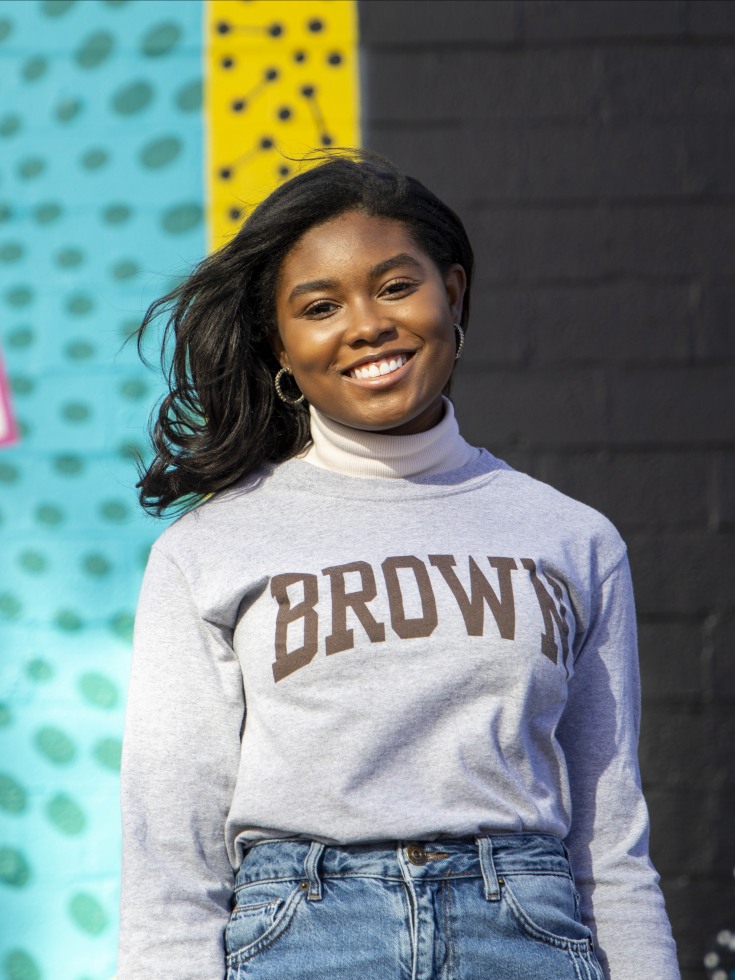PROVIDENCE, R.I. [Brown University] — Civic engagement among young voters in America has long lagged behind that of older residents — and even at a university nationally recognized as Best in Class for student voting rates, Brown students have not been fully immune to this trend.
While eligible student voters at the University were more likely than their peers at other institutions to cast ballots in the past two federal elections, there is room for improvement on voter turnout: 59% of eligible Brown students voted in the 2016 presidential election, and just more than 45% did so in the 2018 midterms.
To encourage full student participation in the 2020 election and set the stage for a lifetime of civic engagement, Brown students, staff and faculty alike have launched a range of collaborative initiatives to provide students with the resources to effectively navigate what will be, for many of them, their first federal election — at a time when the COVID-19 pandemic has presented new challenges to students seeking to vote.
At the forefront of campus efforts to mobilize student voters is Brown Votes. A nonpartisan student organization launched in early Spring 2020 with support from the Swearer Center, Brown Votes has rallied Brown’s many student-led political organizations around a shared goal — providing resources and peer support to spur fellow students to cast their ballots.
The task of mobilizing student voters has been made more difficult as a result of the pandemic, said junior history concentrator Madison Mandell, a civic engagement fellow at the Swearer Center.
“Traditionally, a lot of voter mobilization happens at in-person voter registration drives and debate parties, and things like that are just not possible in the current climate,” she said.
Furthermore, many state voting rules and mail-in ballot procedures have changed in response to the pandemic — all during a time when students themselves are wrestling with the effects of COVID-19 on their own lives, said junior Kimberly Collins, a civic engagement fellow at the Swearer Center and a public policy and Africana studies concentrator.
“People are feeling very overwhelmed right now, both with COVID-19 and with the changing information about voting,” she said. “A lot of our job has been just making the process as easy as possible.”
To achieve this, the members of Brown Votes have executed a communications plan that uses the group’s website and various social media feeds to disseminate up-to-the minute information on voting procedures and deadlines in each state.
“We’re making sure that students understand how they can vote safely by mail or at the polls,” Collins said.
Brown Votes is also tapping into the University’s active student communities to help spread its message. Launched on National Voter Registration Day on Sept. 22, the Brown Votes Challenge aims to generate 100% turnout among students eligible to vote in this year’s election by asking (and incentivizing with prizes) existing student groups — from athletics teams to clubs to Greek organizations — to pledge that all of their eligible members have cast a ballot in the current election.
“Registration is an important first step, but it’s just the beginning of the voting process,” Mandell said. “We really want to make sure that Brown students can execute on voter turnout.”
